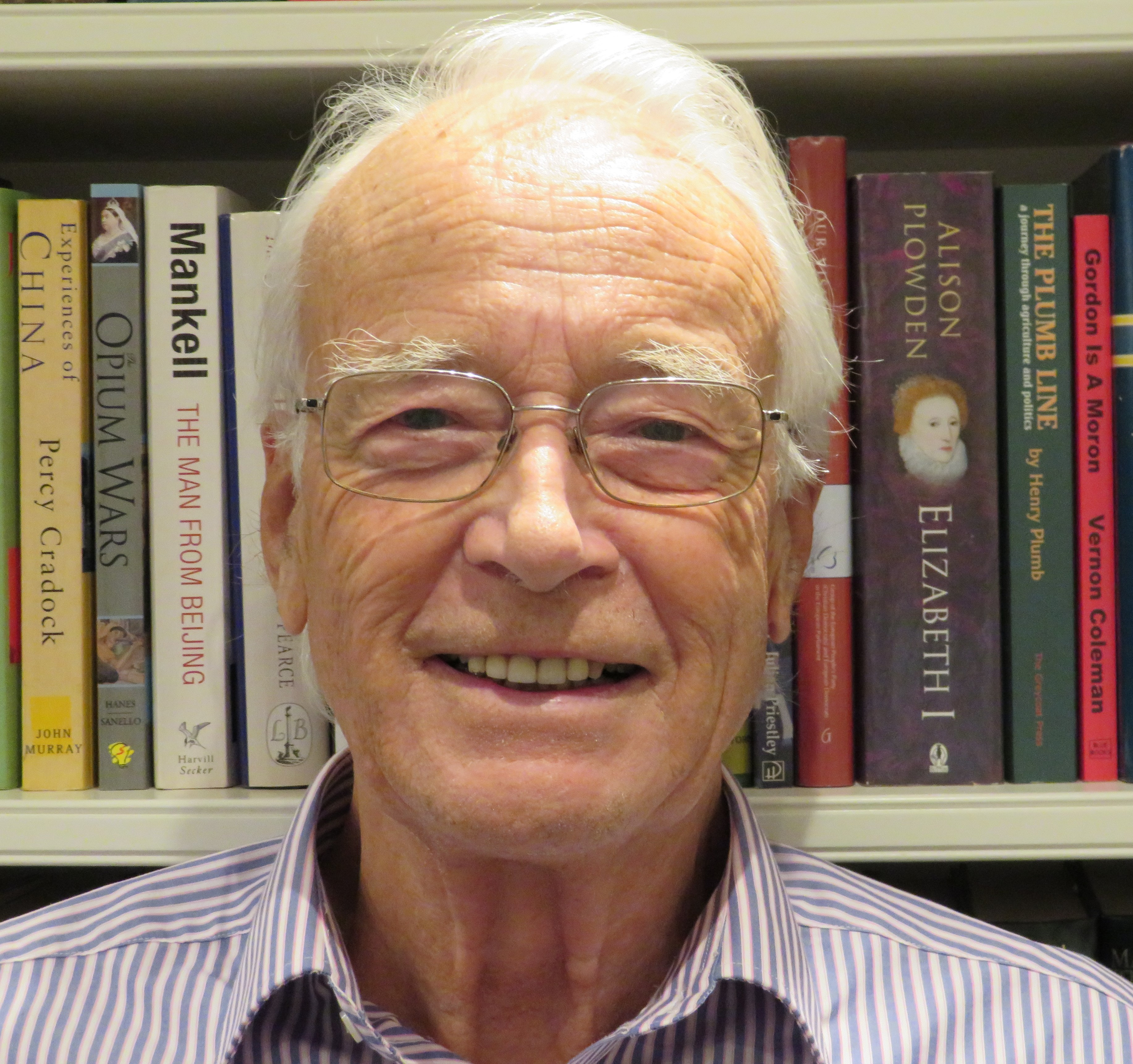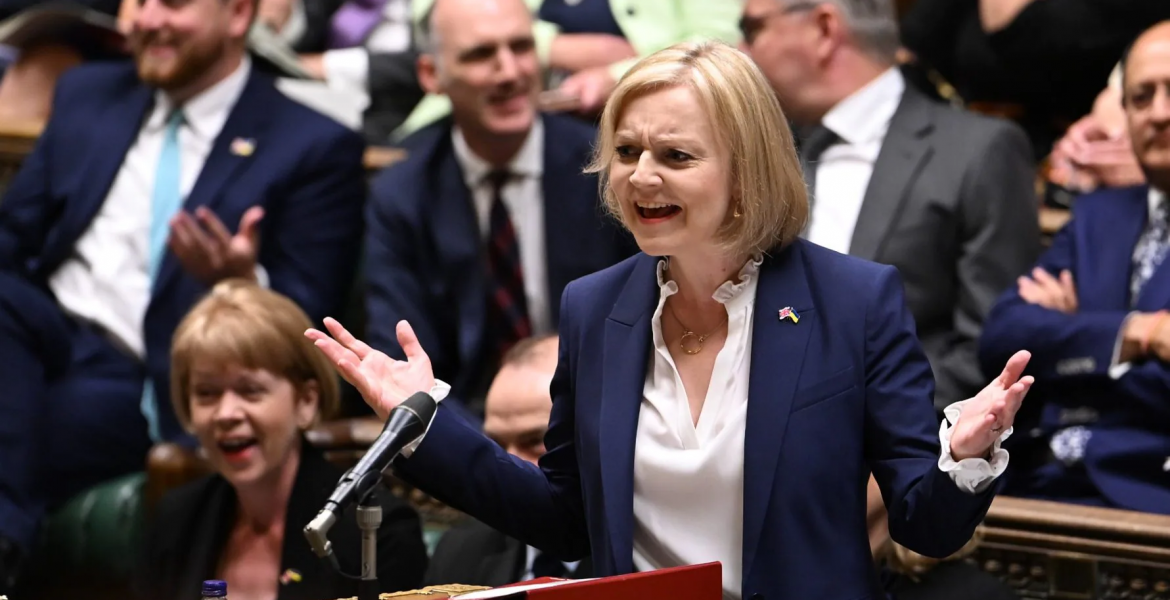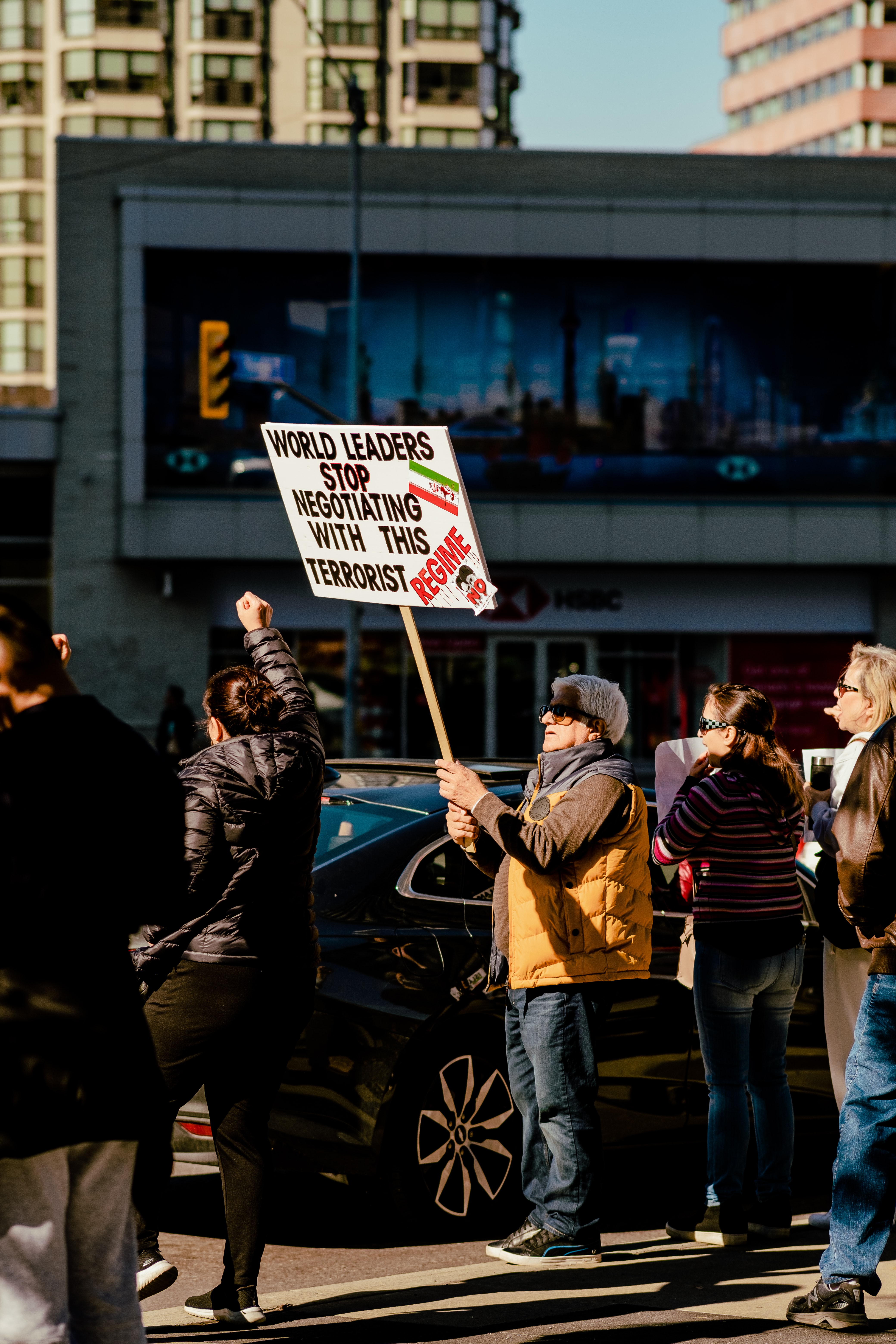When eight central and eastern European countries joined the EU in 2004, an opinion poll showed their people placed greater trust in EU institutions than their own governments: the latest Eurobarometer poll confirms that this was not an isolated result.
Based on information gathered across all EU Member States in February and March of last year 49% of voters trusted the European Union, which was the highest level since Spring 2008. In Portugal and the Republic of Ireland the figure was well over 70%. Perhaps more significantly trust in national governments and national parliaments had both lost ground at 36% and 35% respectively.
The UK of course is no longer part of this survey, but UK internal surveys do not make for happy reading either.
In December last year the progressive Policy Think Tank IPPR published a poll carried out by YouGov which revisited the issue of trust in UK national politicians. Back in 1944, only 35% of people saw politicians as primarily ‘out for themselves’: by 2014 this figure had grown to 48%, and the 2021 polling shows the figure at a record 63%.
This number was even higher the further away voters were from Westminster, and this is surely one of the key legacies of the Johnson administration which promised so much – especially on levelling up the living standards and opportunities of the poorer regions – but achieved so little.
Albert Einstein wisely said that ‘anyone who does not take truth seriously in small matters cannot be trusted in large ones either’. So Boris had to go.
Trust in the Royal Family remains high, especially during the outpourings of grief following the death of Her Majesty Queen Elizabeth II. For the new King Charles III, the word Trust has a special meaning. As Prince of Wales for so many decades he could have followed the example of many of his predecessors and indulged in a life of personal pleasure and idleness: instead he chose to observe the motto ‘Ich Dien’ (I Serve) and conceived the idea of the Prince’s Trust – allegedly against the firm advice of his officials – and he has been its champion and inspiration ever since.
Founded nearly fifty years ago in 1976 its objective was to support vulnerable young people facing homelessness or mental health issues, those failing to make any progress at school and maybe even having a police record. It has run a wide range of practical training programmes which now also covers Commonwealth countries too. In summary it has helped around one million young people, who had no hope or chances in life, to find themselves and fulfil their dreams.
This is real Levelling Up, not just an empty political slogan.
The question today with the new Prime Minister Liz Truss is whether she too can inspire trust and bring hope to the disadvantaged and prosperity for the many rather than just the few. Her early ‘fiscal event’ provides an answer.
Yes, she has helped with the rise in cost-of-living by constructing a massive bail-out to help with energy bills, yet she is at the same time reducing taxes especially for the rich. She has rejected the idea of a windfall tax on energy companies, perhaps because it was proposed by Labour and Liberal Democrats and then later re-enforced when the EU decided to do the same: any EU proposal had to be a bad idea by definition…Instead she has taken refuge in massive borrowing, which will saddle future generations with the cost for years to come.
Yes, the help will freeze such bills at the current levels, but being poorly targeted the rich will get more relief than the poor. The IMF has pronounced that inequality in the UK will increase.
Yes, she is aiming to grow the economy, but without having sufficient EU workers to help deliver it and increasing unrest with strikes among poorly paid especially in the public sector. But her concept of a higher wage economy seems confined to helping those already on the highest wages, with caps on bankers’ bonuses being scrapped as a priority. Sterling has plunged along with the stock market, and mortgage rates are projecting a rapid rise. Trust in UK Conservative politicians to put the interest of the whole population ahead of themselves and their own supporters will continue to spiral down.
The dictionary definition of a ‘truss’ is a support for a person or a building which needs propping up, providing welcome help. The definition of a person who is ‘trussed up’ is someone who is completely tied up in knots and unable to help themselves. The coming weeks will confirm which epithet is the most apt: early opinion polls suggest that over 70% of the UK public (including many Conservatives) are already clear which it is.

The Author, Philip Bushill-Matthews , is the former Head of the British Conservatives in the European Parliament




